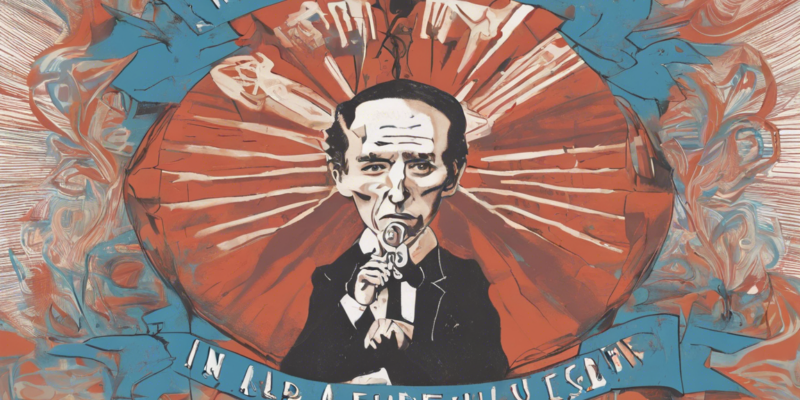As individuals living in a complex and interconnected society, the concept of freedom holds significant importance. It is a fundamental principle that governs our rights, choices, and interactions with others. However, the notion of freedom is multifaceted and can be interpreted in various ways depending on the context. In this article, we will explore the different dimensions of freedom in society, its implications, and how it shapes our daily lives.
Defining Freedom
Freedom is commonly defined as the power or right to act, speak, or think as one wants without hindrance or restraint. It is often associated with autonomy, independence, and the absence of oppression or coercion. From a philosophical standpoint, the concept of freedom has been debated for centuries by thinkers such as John Stuart Mill, Immanuel Kant, and Jean-Jacques Rousseau. These discussions have led to the distinction between negative freedom (freedom from external constraints) and positive freedom (freedom to achieve one’s potential).
The Role of Freedom in Society
In a democratic society, freedom is a foundational value that is enshrined in constitutions and legal frameworks. It safeguards individual rights and liberties while ensuring the collective well-being of the community. Freedom of speech, expression, religion, and assembly are commonly protected rights that allow citizens to voice their opinions, beliefs, and concerns without fear of retaliation. This freedom fosters diversity, innovation, and progress by encouraging open dialogue and the exchange of ideas.
Freedom vs. Responsibility
While freedom grants individuals certain privileges, it also comes with responsibilities. The concept of freedom does not imply anarchy or lawlessness but rather requires individuals to exercise their rights in a manner that respects the rights of others. This balance between freedom and responsibility is essential for maintaining social harmony and order. It underscores the interconnectedness of individuals within a society and the need for mutual respect and understanding.
Limitations of Freedom
Despite its significance, freedom is not absolute and may be subject to limitations in certain circumstances. Restrictions on freedom are often justified in cases where one’s actions pose a threat to public safety, national security, or the rights of others. For example, hate speech, incitement to violence, and defamation are considered harmful forms of expression that may be restricted to protect vulnerable groups and uphold societal values. The challenge lies in striking a balance between safeguarding freedom and preserving the greater good of society.
The Intersection of Freedom and Equality
Freedom and equality are intertwined concepts that shape the fabric of society. While freedom empowers individuals to pursue their aspirations and interests, equality ensures that all members of society have access to the same rights and opportunities. The quest for social justice seeks to address inequalities that hinder individuals from fully exercising their freedom. By promoting equal rights, fairness, and inclusivity, societies can create a more conducive environment for all members to thrive and contribute meaningfully.
Maintaining Freedom in a Digital Age
In the digital age, the concept of freedom has taken on new dimensions with the rise of technology and social media. The internet has revolutionized communication and connectivity, offering vast opportunities for expression and engagement. However, this digital landscape also presents challenges such as online harassment, misinformation, and privacy concerns. Balancing the freedom of expression online with the need to protect individuals from harm requires innovative solutions and ethical considerations.
Cultivating a Culture of Freedom
Building a culture of freedom in society necessitates ongoing dialogue, education, and advocacy. It requires individuals to be vigilant defenders of their rights and proactive participants in shaping policies and practices that uphold freedom for all. Embracing diversity, tolerance, and empathy are key tenets of a free society where different voices are heard, respected, and valued. By nurturing a culture of freedom, communities can harness the collective potential of their members and strive towards a more inclusive and equitable future.
FAQs
1. What is the difference between negative freedom and positive freedom?
Negative freedom refers to freedom from external constraints or interference, while positive freedom involves the capacity to pursue one’s goals and fulfill one’s potential.
2. Can freedom be limited in a democratic society?
Yes, freedom can be limited in a democratic society if one’s actions infringe upon the rights or safety of others or jeopardize the common good.
3. How does freedom contribute to social progress?
Freedom allows for creativity, innovation, and diversity of thought, which are essential for driving social progress and addressing complex challenges.
4. Is there a universal definition of freedom that applies to all societies?
While the concept of freedom is rooted in fundamental human rights, its interpretation may vary across cultures, traditions, and historical contexts.
5. What role does education play in promoting freedom in society?
Education plays a crucial role in empowering individuals with knowledge, critical thinking skills, and ethical awareness to exercise their freedoms responsibly and contribute to a democratic society.

